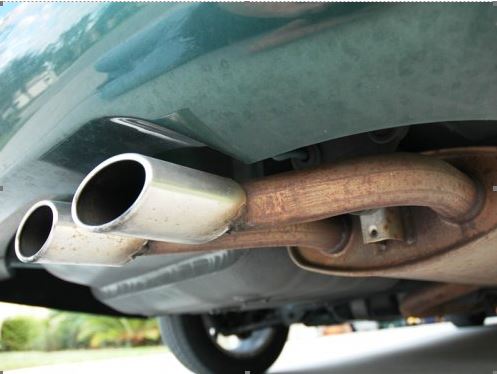City’s clean air charge plans scrapped
Coventry will not be getting a clean air zone (CAZ) after the government said it supported the city council’s alternative plan to reduce emissions.
The government has written to the council in support of local proposals which set out a series of measures to reduce Nitrogen Dioxide emissions.
It means Coventry does not need a Class D charging Clean Air Zone (CAZ), which would have seen higher emission vehicles charged for entering a large area of the city.
A letter to Council leader George Duggins from the Parliamentary Under Secretary of State, Rebecca Pow MP, said: “I am pleased that you have submitted updated modelling in order to meet your direction and that the Council has subsequently worked closely with my officials to refine your options…On the basis of the evidence provided, I am content that you should proceed with implementing your preferred alternative option to a charging CAZ…”
The legal direction from the government means that Coventry will need to submit a final full business case in the summer which will feature more details on the schemes.
Cllr Jim O’Boyle said that the news was “excellent” and that it reflected the “overwhelming views” of local people and businesses.
He said: “In June last year we clearly set out to the government why a CAZ would not work in Coventry and is not needed.
“More than six months on they have confirmed what we have always said.
“What we all know is that it is absolutely vital that we tackle air pollution – and particularly vehicle emissions.
“We know the health risks of Nitrogen Dioxide and that is why we want to address this through a package of measures including: highways engineering; improved traffic management; cycle routes; travel planning; upgrading bus fleet; supporting a shift to electric taxis; and encouraging the uptake of electric cars and installing more charging points.
“We have a lot do.”
The council has been working with the government’s Joint Air Quality Unit throughout and the council’s positions has consistently argued against a CAZ.
O’Boyle added: “This is excellent news and means any CAZ that would have been imposed – affecting 82,000 residents or 25 per cent of our residents – has been stopped.
“A CAZ in Coventry would have potentially created worse air quality on many residential roads bordering the charging zone as drivers would have sought alternative routes to avoid the CAZ.”
The council is to submit its final business case to government by 19 June. The proposals include:
- Improving vehicle capacity on roads as well as pedestrian and cycle routes on the B4106 through Spon End and Junction 7 of the ring road
- Introducing restrictions on the eastern section of the A4114
- Opening Upper Hill Street on to the ring road to give Junction 8 access
- Constructing a cycle route between Coundon and the city centre
- Banning HGVs on part of Foleshill Road
- Assigning electric buses to Foleshill Road
Coventry has been awarded grant funding of £24.5m to implement the schemes.

